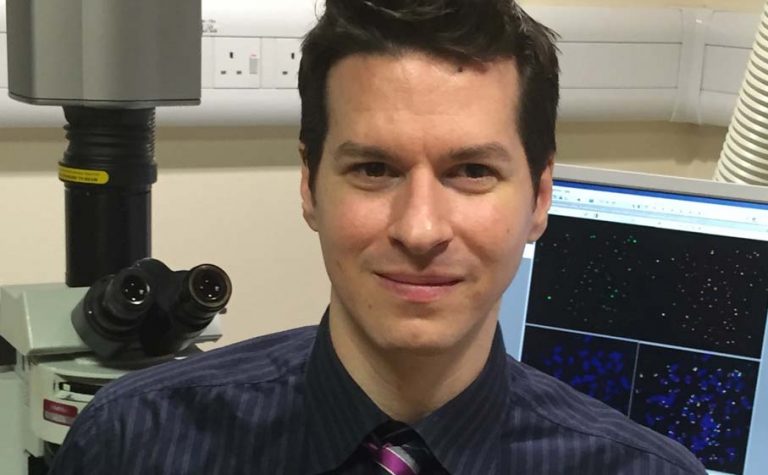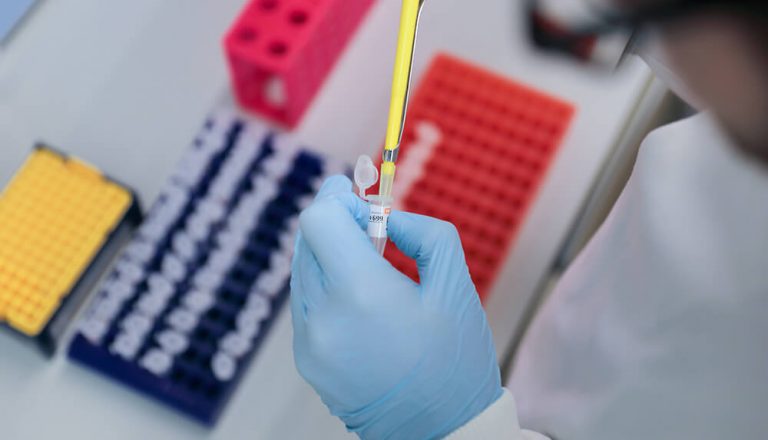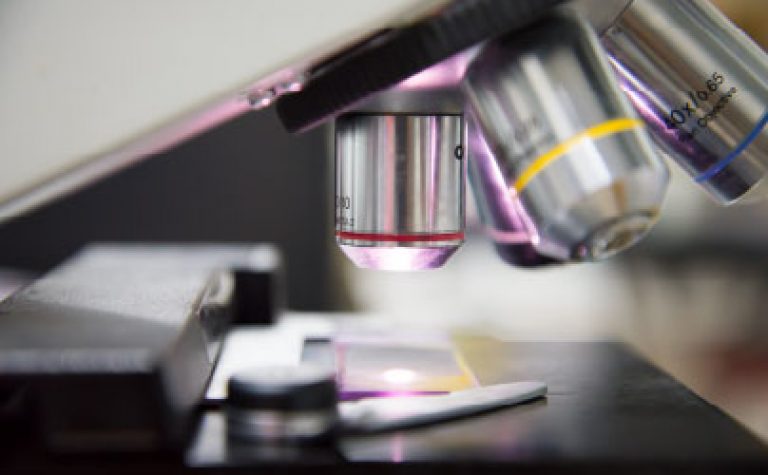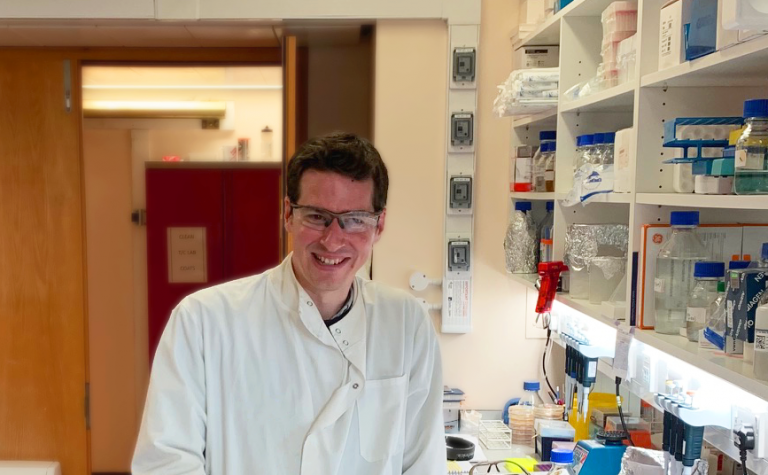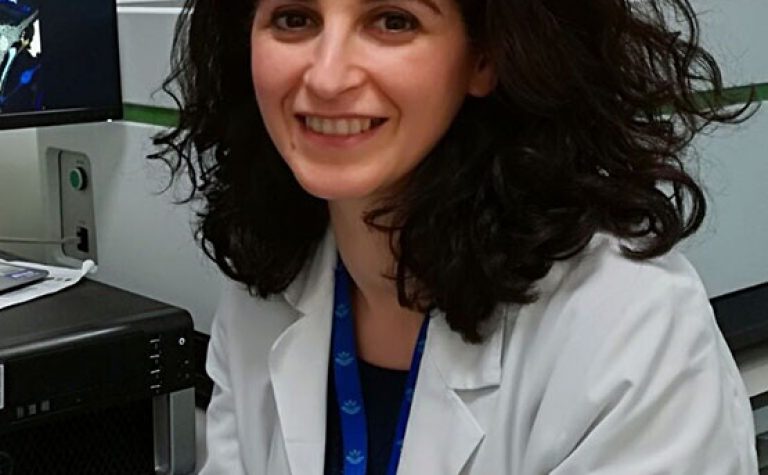Project Details
Project Title
Exploring the role of a novel tumour suppressor in leukaemia
Lead Researcher
Dr David Clynes
Research Centre
The MRC Weatherall Institute of Molecular Medicine
City & Institution Postcode
Oxford
Start Date
23 April 2019
Duration
22 months
Grant Amount
£50,000
